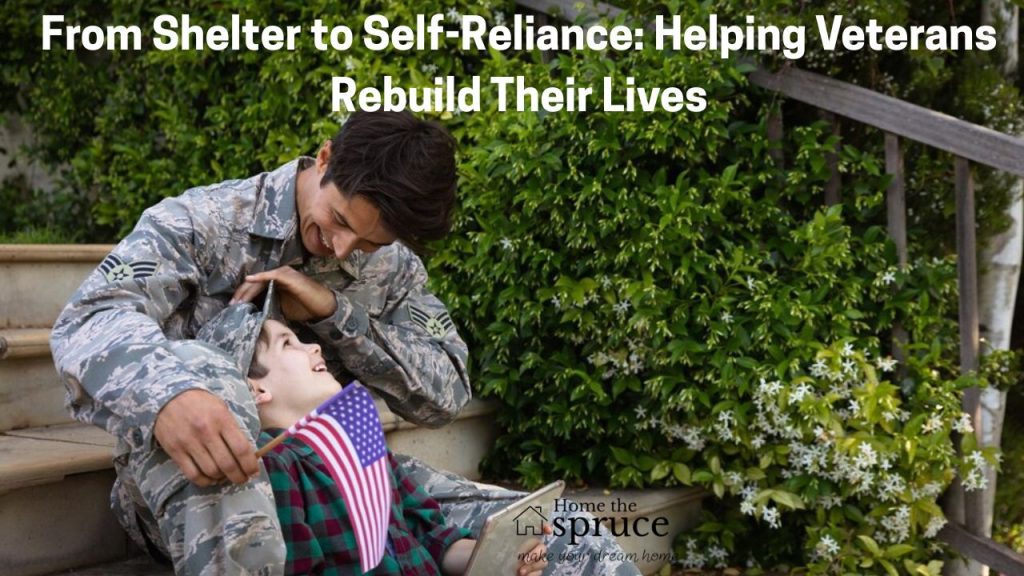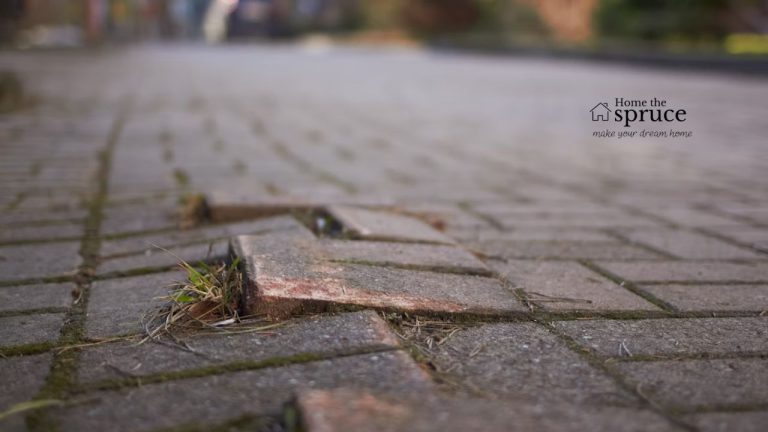Every year, tens of thousands of U.S. veterans face homelessness. After serving their country, many find themselves battling trauma, substance issues, and economic instability—all without a stable place to live. The gap between discharge and reintegration can be wide, and without support, it often leads to housing insecurity.

Finding stability through shelter is more than just a matter of bricks and mortar. It’s the foundation for transformation. A secure living situation makes it possible to pursue healthcare, rebuild family connections, and seek employment. Without it, those goals feel out of reach.
How Housing Creates a Launchpad for Change
One of the most impactful solutions to veteran homelessness combines housing assistance with mental health services. The HUD-VASH program—short for Housing and Urban Development-Veterans Affairs Supportive Housing—has proven especially effective. For many veterans, accessing stable housing marks the beginning of real progress after years of instability.
HUD-VASH operates through a combination of federal housing vouchers and coordinated VA healthcare services. Veterans are referred based on vulnerability and need, with case managers helping them develop personalized plans for recovery. The program also provides housing location services, which can be a critical barrier for individuals with poor credit, past evictions, or no rental history.
The long-term impact of HUD-VASH is clear. According to the Department of Veterans Affairs, tens of thousands of formerly homeless veterans have retained housing through the program, many for several years. This long-term retention is a key indicator of success, and it often correlates with reduced reliance on emergency services and improved health outcomes.
The Hidden Cost of Instability
Mental health plays a silent but significant role in housing insecurity. Many veterans return from service with PTSD, depression, or physical injuries that make traditional employment and social reintegration difficult. Unstable living conditions compound these challenges and delay recovery.
Veterans experiencing homelessness face disproportionately high rates of mental illness. According to the National Coalition for Homeless Veterans, nearly half live with a diagnosed mental health condition. Chronic stress and lack of safety can worsen these issues, trapping individuals in a cycle of instability.
Secure housing can act as a psychological anchor. With the daily uncertainty of survival removed, veterans are better able to engage in therapy, follow medication schedules, and rebuild trust with support networks. These are essential steps for those healing from trauma and transitioning to civilian life.
Rebuilding Trust and Routine
Self-reliance doesn’t happen overnight. For many veterans, it’s a gradual process starting with a stable home and evolving through counseling, peer support, and daily routine. Programs that incorporate trauma-informed care build trust—something often fractured by both combat and life on the streets.
Trust is often the hardest barrier to rebuild. Many veterans have experienced broken systems, from delayed benefits to impersonal care. By working with case managers who understand their background and treat them with respect, they begin to see themselves as part of a community again.
Veterans also benefit from structured routines that reintroduce them to civilian norms. Having consistent wake-up times, meal schedules, and group meetings fosters accountability. Over time, these routines help rebuild executive functioning, goal-setting habits, and emotional regulation.
The Power of Consistent Support
Veterans transitioning out of homelessness often face setbacks. A job might not work out, or health issues might resurface. But having stable housing creates a safety net that prevents a full relapse into crisis. They can regroup, access services, and try again—without losing everything.
Peer mentoring programs play a critical role in consistent support. When veterans see others like them succeeding, it reinforces their own belief in change. These peer relationships also offer informal counseling and accountability that complements formal case management.
Community integration efforts, such as volunteering or attending support groups, also enhance long-term success. These activities not only reduce isolation but also foster a sense of purpose—a critical factor in maintaining sobriety, employment, and personal growth.
Housing as a Platform for Economic Stability
A stable address is a requirement for most job applications, background checks, and interviews. Without one, many veterans are shut out of opportunities. Housing provides the physical stability necessary to take advantage of training programs, transportation services, and vocational rehabilitation.
Many HUD-VASH caseworkers help connect veterans to local workforce initiatives. These include resume workshops, skills certification courses, and job placement services. For those with disabilities, programs like Compensated Work Therapy offer a bridge between unemployment and full-time work.
Economic stability is a key milestone on the path to self-reliance. With steady income, veterans can begin saving money, paying off debts, and contributing to their households. This not only benefits them personally but also strengthens entire communities.
A Collective Responsibility
Helping veterans rebuild their lives isn’t just about reducing homelessness—it’s about restoring dignity. Programs like HUD-VASH prove that long-term housing paired with wraparound support creates sustainable outcomes. These individuals have already given so much. Supporting their return to stability is one of the most tangible ways society can give back.
Communities play an important role in this process. Local landlords, employers, and healthcare providers who are willing to partner with support agencies make these outcomes possible. Public awareness campaigns can also reduce stigma, encouraging more people to engage with veterans in compassionate and meaningful ways.
Housing, when paired with care, becomes a beginning. For many veterans, it’s the first time in years they’ve been able to focus on their future instead of just surviving. That shift—from shelter to self-reliance—is where true transformation begins.












